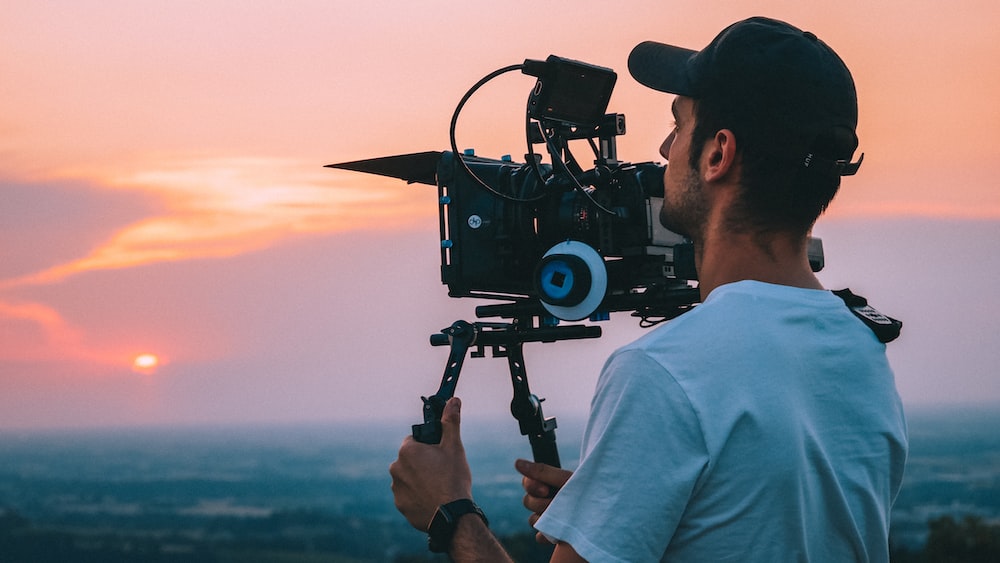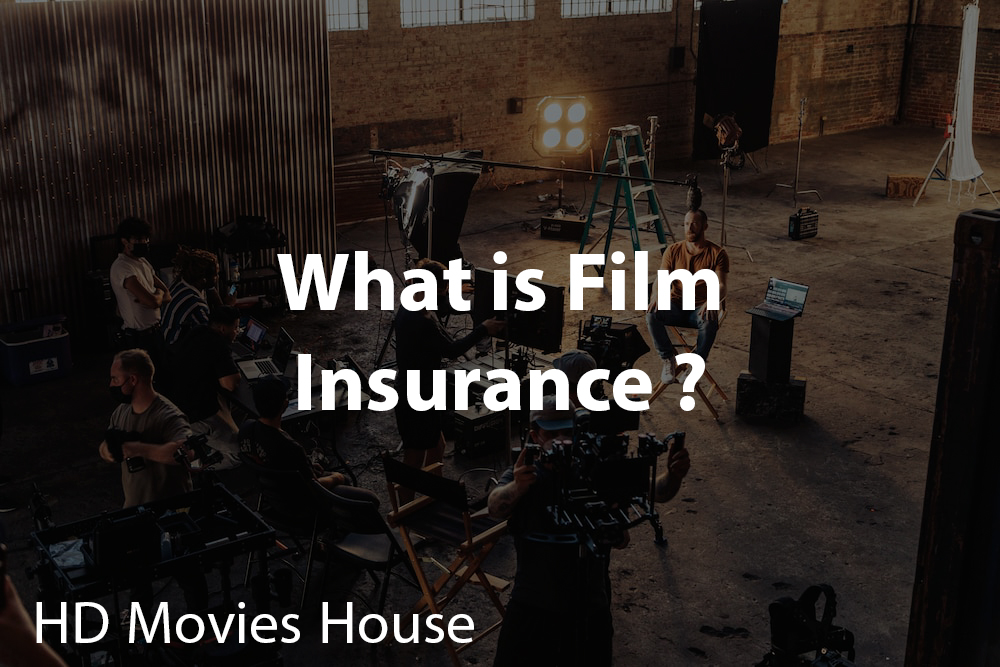If you are a filmmaker, you know that making a film involves a lot of risks. From accidents on set, to equipment damage, to lawsuits from unhappy clients, there are many things that can go wrong and cost you money, time, and reputation. That’s why you need film insurance.
Film insurance, or film production insurance, is a type of insurance that covers your film project from various liabilities that may arise during the production process.

It can protect you from claims related to:
- Third-party bodily injury: If someone gets hurt on your set or location, they may sue you for medical expenses, pain and suffering, and lost wages.
- Third-party property damage: If you damage someone else’s property while filming, they may sue you for repair or replacement costs.
- Professional liability: If you make a mistake in your work, such as breaching a contract, infringing on someone’s intellectual property, or defaming someone’s reputation, they may sue you for damages.
Depending on your specific needs and budget, you can choose different types of film insurance policies and coverage options.
Some of the most common ones are:
General liability insurance
This covers your legal liability for bodily injury and property damage caused by your operations or premises. It is usually required by locations, vendors, and permits.
Professional liability insurance
This covers your legal liability for errors and omissions in your professional services. It is usually required by clients, distributors, and broadcasters.
Equipment insurance
This covers your owned or rented equipment against loss, theft, or damage. It is usually required by rental houses and lenders.
Workers’ compensation insurance
This covers your employees’ medical expenses and lost wages if they get injured or sick on the job. It is usually required by law in most states.
Production package insurance
This covers various aspects of your production, such as cast, crew, props, sets, wardrobe, vehicles, animals, extra expenses, negative film, faulty stock, and completion bond. It is usually customized according to your project’s scope and scale.

How to Get Film Insurance?
Getting film insurance can be a daunting task, especially if you are new to the industry or working on a tight deadline.
Here are some tips to help you get started:
Plan ahead:
Before you start filming, make a list of all the potential risks and exposures that your project may face. Consider the type of project, the genre, the script, the locations, the cast and crew, the equipment, the budget, and the distribution plan. This will help you determine what kind of insurance you need and how much coverage you should get.
Shop around:
There are many film insurance companies and agencies that offer different policies and rates. Do some research online or ask for recommendations from other filmmakers. Compare quotes from different providers and read the fine print carefully. Look for policies that cover your specific needs and offer competitive prices.
Apply online:
Once you have chosen a provider, you can apply for film insurance online in a few easy steps. You will need to fill out an application form with some basic information about your project and yourself. You may also need to provide some supporting documents, such as scripts, budgets, schedules, contracts, permits, etc. Depending on the provider and the policy, you may get instant approval or wait for a few days for underwriting.
Review your policy
After you receive your policy documents, review them carefully and make sure everything is correct and complete. Check the policy limits, deductibles, exclusions, endorsements, and conditions. If you have any questions or concerns, contact your provider as soon as possible. Keep your policy documents in a safe place and carry copies with you on set.
Why Choose Thimble as Your Film Insurance Provider
Thimble is a leading online platform that provides flexible and affordable film insurance for filmmakers of all levels. Whether you are shooting a commercial, a short film, a TV show, or a feature film, Thimble can help you get covered in minutes.
Customize your coverage:
You can choose from general liability insurance and professional liability insurance based on your needs. You can also adjust your coverage limits from $1 million to $2 million per occurrence.
Pay only for what you need:
You can choose from hourly, daily, weekly, or monthly policies based on your shooting schedule. You can also add or modify your coverage anytime with no fees.
Get instant quotes and certificates:
You can get an instant quote online by answering a few simple questions. You can also get unlimited certificates of insurance (COIs) for free to prove your coverage to anyone who asks.
Access 24/7 customer support:
You can contact Thimble’s friendly and knowledgeable customer support team anytime via phone, email, or chat. They are always ready to answer your questions and help you with your claims.
Thimble is trusted by thousands of filmmakers across the country who have rated it 4.6/5 stars on Trustpilot. Thimble is also featured in reputable media outlets such as Forbes, The Wall Street Journal, and TechCrunch.
What is the cost of film insurance?
The expense of film protection relies upon different elements, like the sort of film, the length, the area, the utilization of tricks or embellishments, and the dangers implied in the creation. The typical expense of a standard general responsibility insurance contract for little film creations goes from $20 to $100 each month. Notwithstanding, this cost can increment or lessening relying upon the particular inclusion and strategy that the producer needs.
How can I reduce my film insurance costs?
There are far to lessen your film protection costs, for example,
- Assessing your hardware costs and asserting discounts on taxes1.
- Joining insurance contracts whenever the situation allows and dealing with your cash effectively and with goals1.
- Looking and contrasting statements from various suppliers and policies2.
- Keeping stunts, creatures, blasts, and other high-risk components to a minimum23.
- Bringing down the net insurable financial plan by eliminating pointless or non-insurable expenses from the budget3
For More Information Visit Our HD Movies House Blog






